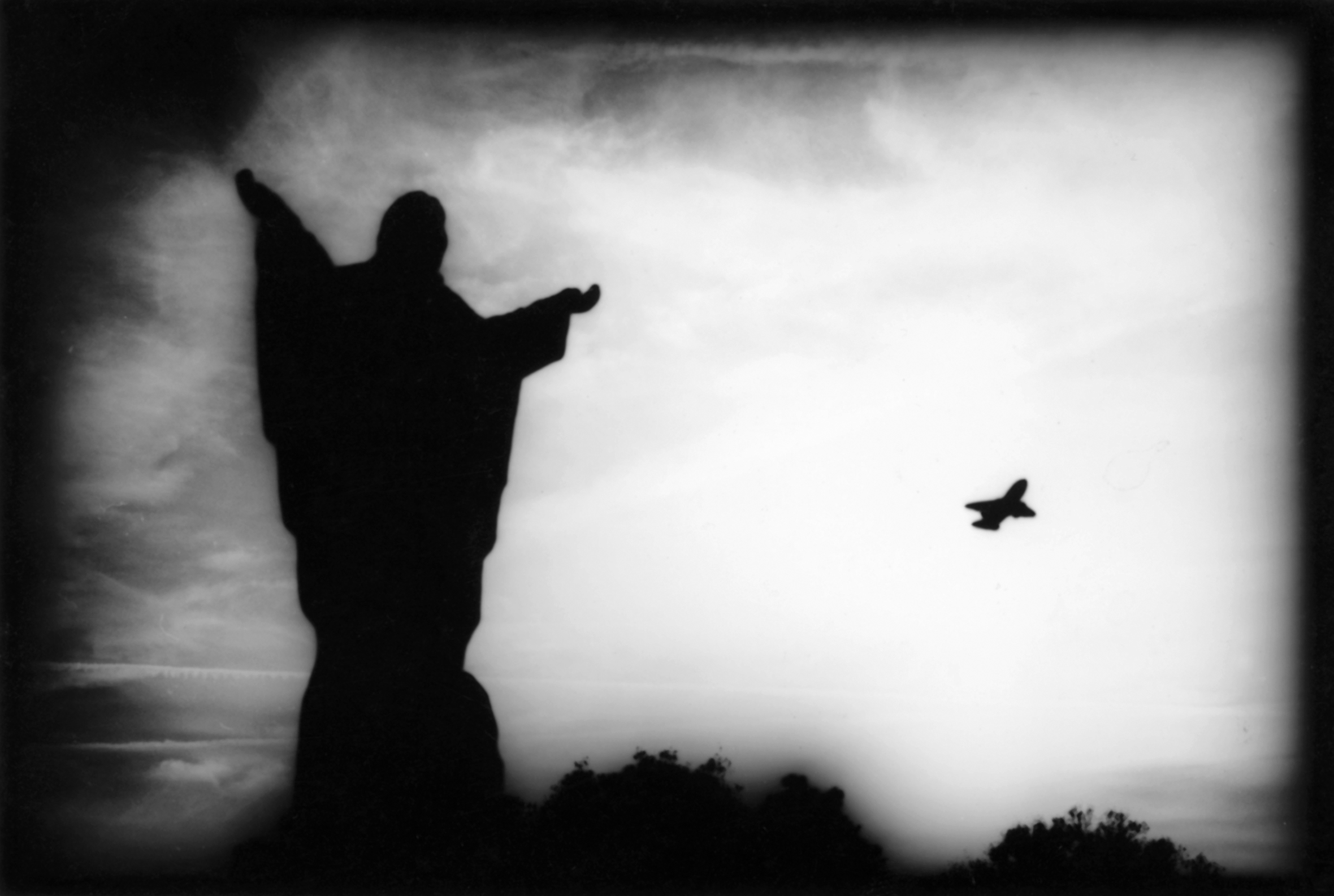As a Pulitzer Prize–winning journalist for the New York Times, National Public Radio, and other media outlets, Chris Hedges has spent much of his adult life on the front lines, reporting on war. He has borne witness to atrocities and given a voice to victims of oppressive regimes around the globe. His writing paints such a clear picture of war that it is sometimes difficult to read.
As a boy, instead of reading comic books or The Hobbit, Hedges immersed himself in works about the Spanish Civil War and dreamed of fighting the fascists like his hero George Orwell. But he didn’t start out to be a war correspondent. Hedges grew up the son of a Presbyterian minister, and in 1975, six days after having graduated from Colgate College, he packed up to attend Harvard Divinity School. While working toward his degree, he accepted a position at a church in Roxbury, a poor, predominantly African American Boston neighborhood. Hedges preached on Sundays, worked with inner-city youth, and harbored high hopes of helping people. But he discovered that the “gentle pastor” routine was not going to work for him there. The neighborhood boys challenged his authority and made threats, and he got tough, cursing at them and even getting physical, then hating himself for it.





